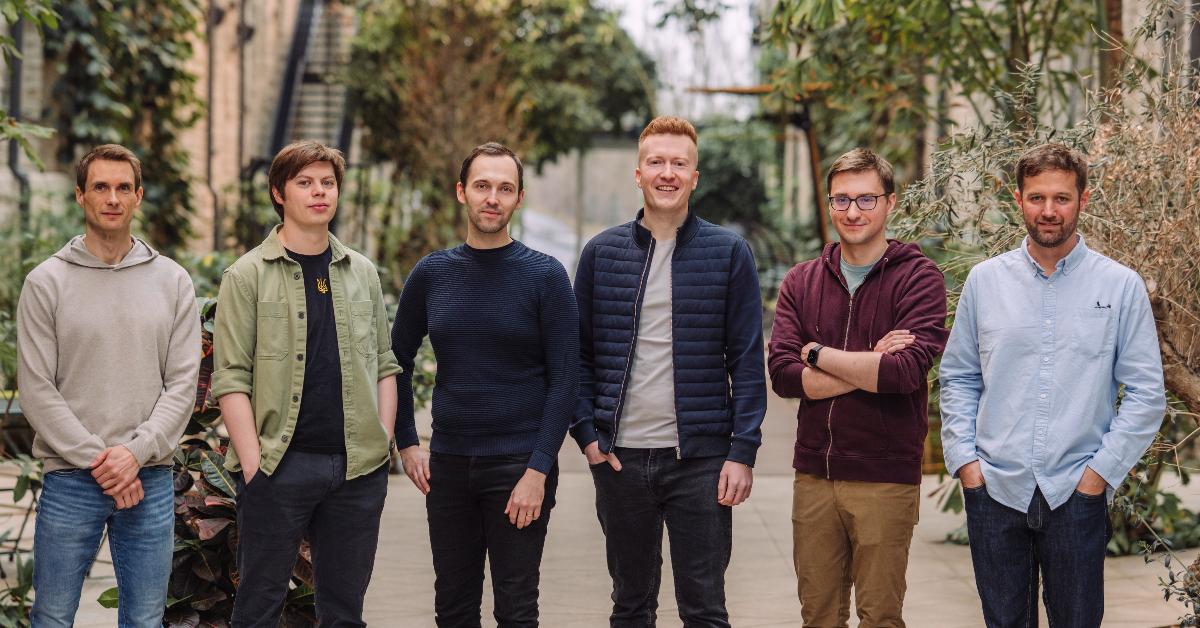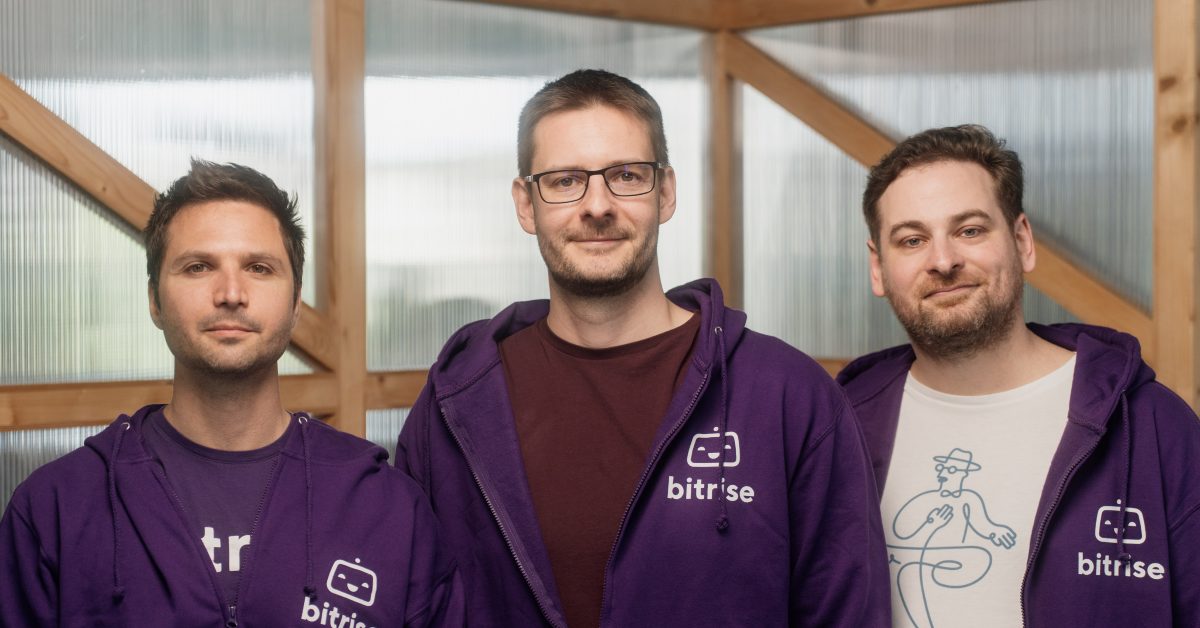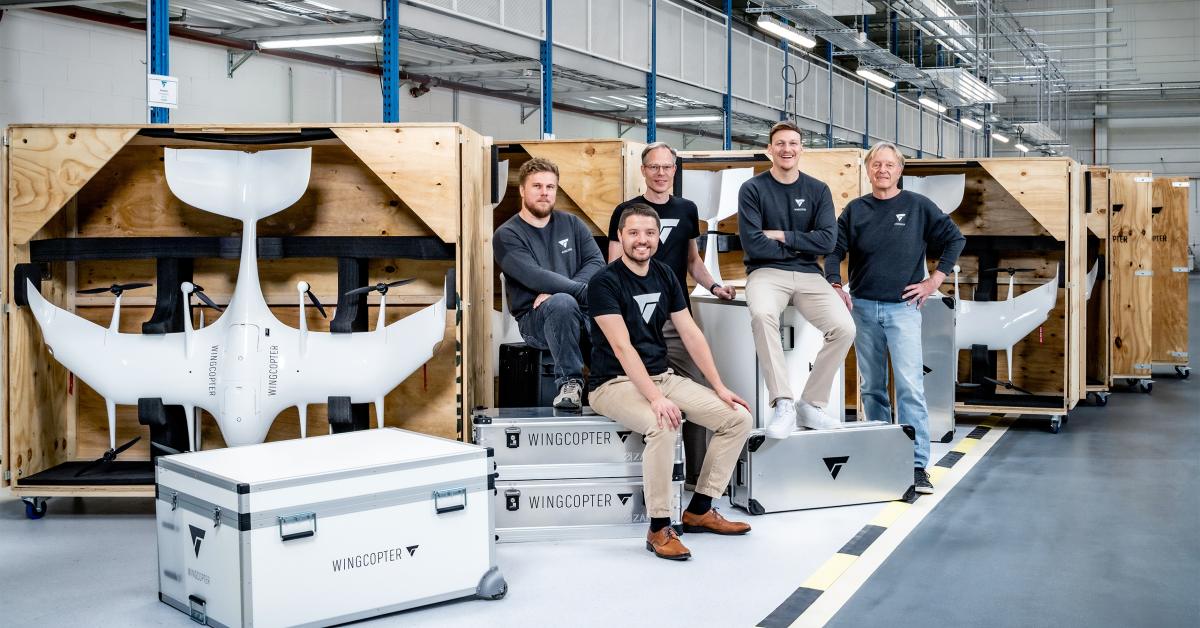Once upon a time, white collar workers toiled in offices, to which they commuted five days a week to put in their 9-5. Many spent hours each day commuting, often not returning home until late in the evening, after a day spent depleting their bank accounts buying take-out coffees and overpriced lunch salads.
That long-ago time was 2019. Even in the space of a few short, pandemic-filled years, not only has work changed, but crucially, our attitude to it has taken a dramatic u-turn.
The almost overnight shift to a remote working mode in early 2020 was music to the ears of those who had long wanted it, but who faced ingrained institutional resistance. Pre-Covid, it was difficult to make a case for remote or hybrid working. Managers were convinced that being out of sight would mean employees would slack off, and productivity would fall.
The opposite is true. A 2022 report from Slack’s Future Forum think tank surveyed 10,000 global white-collar workers and found that people with full schedule flexibility showed 29% higher productivity scores than workers with no flexibility at all.
Additionally, remote and hybrid workers report 4% higher productivity than their fully in-office counterparts.
It’s all grist for the mill for those who want to remain working remotely or with a flexible schedule that suits them. After all, the time and cost savings workers experienced during the pandemic are not something many want to roll back on.
That’s highlighted by a Deloitte study which found that 52% of tech talent prefers a remote-first working model, and 46% said they would leave their current role if their employer stopped offering the flexibility to work remotely.
Changing figures
In 2019, approximately 5.5% of workers in the EU usually worked from home, according to Eurostat data. Then the pandemic hit, and that share increased to 12.3% in 2020, jumping again to 13.5% in 2021.
In 2022, as societies re-opened and lockdowns eased, the picture started to look a little different. Many business leaders in the US began to implement return to office policies (RTO) and speak openly about their desire to have workers back at their desks.
Goldman Sachs CEO David Solomon announced that, “I certainly would expect a lot of Goldman Sachs employees back in full by the end of the year.” Twitter boss Elon Musk has been equally as emphatic, saying remote workers “pretend to work” and are “phoning it in.”
Disney’s CEO Bob Iger’s reasons for wanting staff back in the office are to do with collaboration. “Nothing can replace the ability to connect, observe, and create with peers that comes from being physically together,” he has said.
The trend looks a bit different in Europe, where just 11% of business leaders expect their employees to return to the office full-time, according to a study from Owl Labs.
In fact, 89% of European companies plan on having a hybrid workforce post-pandemic. Ninety-two percent are also exploring progressive workplace policies including “core working” hours and 4-day work weeks.
Additionally, many countries are looking at new ways to make it easier to work remotely, such as the UK. A 26-week qualifying period is being abolished, making it an immediate right when starting a new job.
Explore your options
If your employer is implementing a RTO policy you’re not on board with, you have options. The Silicon Canals Job Board contains thousands of tech roles across Europe, with hybrid and remote ways of working. Check out three of those below.
SAP developers may be interested in this Lead SAP Developer for Industry X job at Accenture in Düsseldorf. You’ll have a flexible working model, and take responsibility for the entire technical and functional solution architecture in SAP EWM systems as well as the guidance and coordination of the development team plus lateral leadership of team members. You will also take responsibility for quality assurance, such as reviewing specifications, concepts, code, etc. To apply, you’ll need several years of project experience in SAP and extensive knowledge in SAP EWM; knowledge of SAP ABAP development is desirable.
A fully remote Frontend Engineer role is on offer at Jobbio. You’ll be a JavaScript developer, proficient with React.js, and will work on developing and implementing user interface components. You will also be responsible for profiling and improving front-end performance and documenting the front-end codebase. Previous working experience as a React.js developer is required, and you will have in-depth knowledge of JavaScript, CSS, HTML, and front-end languages too.
A Senior Software Architect (m/f/d) role is available at msg DAVID GmbH in Braunschweig. A 100% agile role, you’ll perform analysis of system requirements in close coordination with customers and your project team, design system architectures and support their implementation. You’ll also identify, analyse and evaluate new technologies for practical use in projects. To be considered, you’ll need several years of professional experience in software development and architecture, preferably in the Java environment, and you’ll have already worked with cloud technologies










01
From Mexico City to Rotterdam: How the Dutch Startup Visa launched Estefania Hernandez’s HR tech revolution